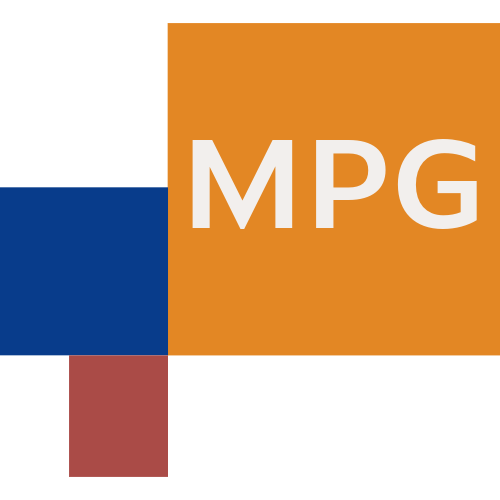menu
menu
Menu
cancel
- arrow_back_iosBacknavigate_nextpersonPersonal
- groupCommunities
- articleBlogs
- eventEvents
- sourceTemplates
- question_answerQuestions
- schoolLearning
- business_centerBusiness
- live_helpFAQ
**How can blockchain enhance transparency and reduce corruption in public governance frameworks?
- This question explores the potential of blockchain to provide an immutable and transparent ledger for governmental processes, thus ensuring that all transactions and decisions are publicly aud...
- This question addresses the hurdles that come with integrating blockchain in government systems, such as the need for a supportive legal framework, data privacy issues, and the development of ...
- This question considers the application of blockchain in enhancing voting systems by providing a secure, transparent, and tamper-proof method for casting and counting votes, potentially increa...
How are technological advancements, such as blockchain and artificial intelligence, being utilized to improve transparency and efficiency in government operations?
What role do participatory governance initiatives, such as citizen assemblies or digital consultation platforms, play in enhancing democratic decision-making and accountability?
In the context of governance innovations, how are public-private partnerships evolving to address complex societal challenges and drive sustainable development?
What are the key components that constitute effective accountability structures within an organization, and how do these components help ensure transparency and ethical behavior?
How do accountability structures vary across different sectors, such as corporate, non-profit, and governmental, and what are some best practices for implementing them in each context?
In what ways can technology be leveraged to enhance accountability structures, and what challenges might arise from relying on digital tools to monitor and enforce accountability?
